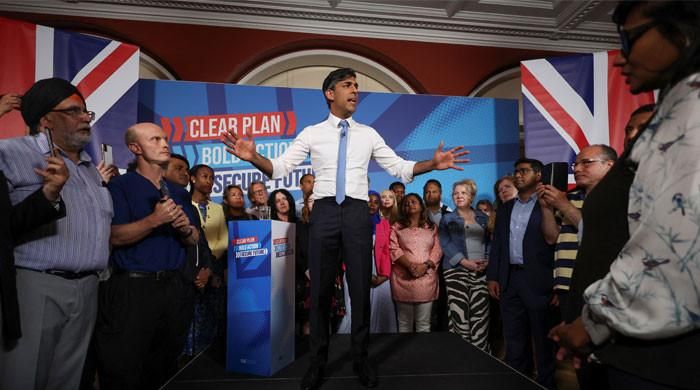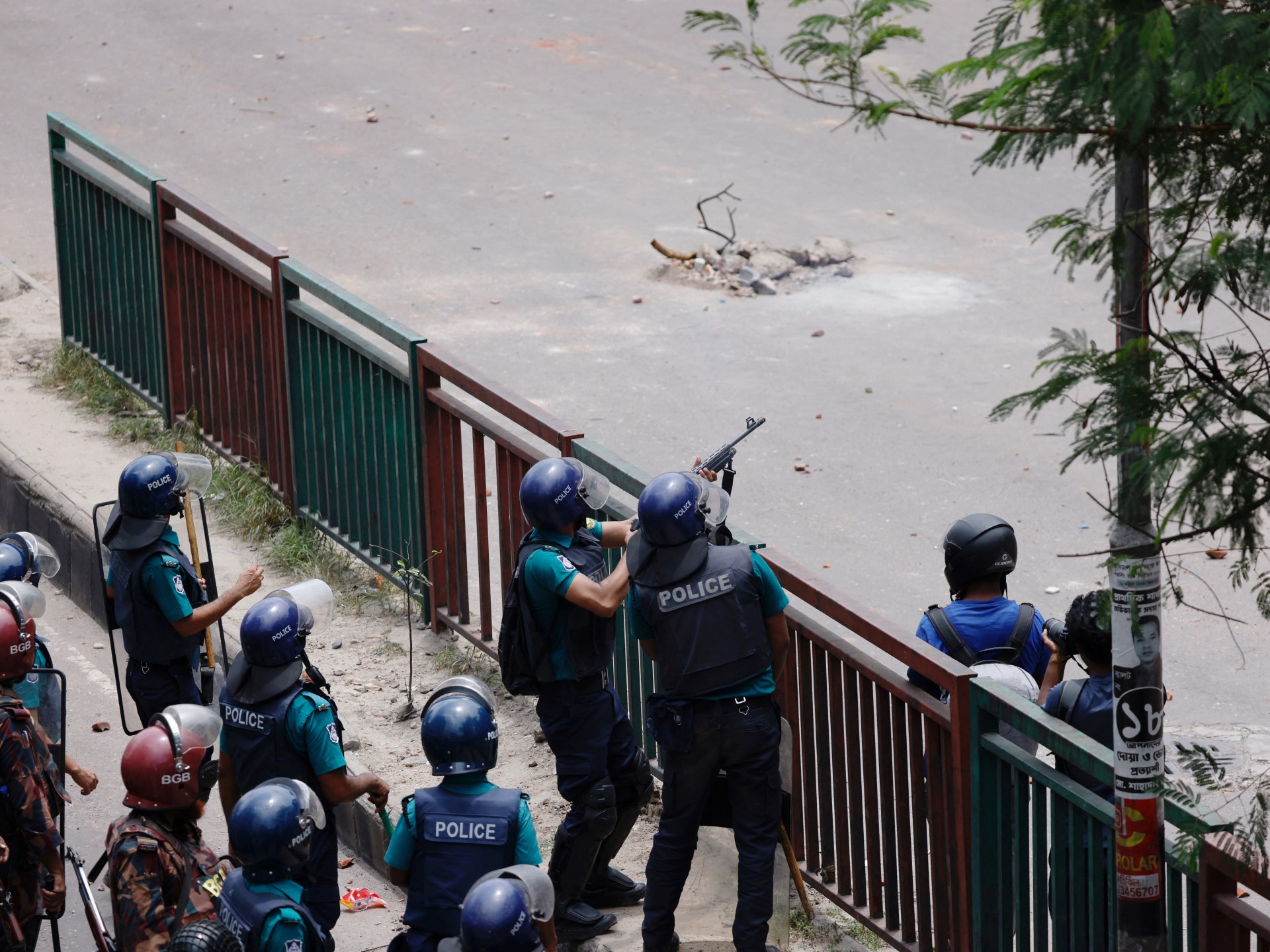Bot-like social media accounts have spread “disinformation and hate” in tens of thousands of posts viewed an estimated 150 million times during the UK general election campaign, a watchdog investigation revealed on Tuesday.
Global Witness Ten suspected bot profiles were found on Twitter (X) that shared more than 60,000 messages containing conspiracy theories and violent hate speech, including Islamophobia, anti-Semitism, homophobia and transphobia, ahead of Thursday's vote.
The NGO assessed that the accounts, which also promoted praise for Russian President Vladimir Putin, may have had “enormous influence” given their prolific output.
Bot profiles are run by computers, but have been programmed to look like human-run accounts.
The findings come after warnings that the integrity of key elections around the world this year could be threatened by rapid advances in cyber technology, particularly artificial intelligence, and growing friction between major nations.
UK Deputy Prime Minister Oliver Dowden warned on Sunday that hostile actors such as Russia were trying to influence the country's democratic process after reports emerged of Facebook pages spreading identical pro-Kremlin talking points.
Ava Lee, campaign leader in Global Witnessurged X and other social media companies to “clean up their platforms and put our democracies before profits.”
“Political debate on the Internet is often toxic, we all know that. But when we go on social media, we think we're seeing what real people think,” he said.
“When that's not true, when the conversation may have been influenced by someone who has paid for bots to sow division or to bring a particular party to power, our democracy is in danger.”
Openly partisan
Global Witness researchers identified the sample of suspicious bot accounts by searching for posts and hashtags about climate change and migration – two contentious topics that are often the target of misinformation.
The team then identified and tracked at least 10 profiles that were generating scores or hundreds of posts daily on these topics in the weeks following the announcement of the UK election date on 22 May.
Eight of them were openly partisan, clearly siding with or against a particular party by using their logos as their profile pictures or regularly reposting their content or hashtags, the NGO said.
No evidence was found that any UK party was paying for, using or promoting bots as part of their campaigns.
The content shared by the suspicious accounts was overwhelmingly extreme, Global Witness saying.
“Some spread anti-Semitism and transphobia. Some claim that climate change is a 'hoax', that vaccines have created 'genocide',” he added.
One of the 10 profiles was recently deleted, but the other nine remained active as Global Witness published its findings.
He urged X, formerly known as Twitter, to investigate the accounts, which likely violate its own policies.
Global Witness He also demanded that X invest more in “protecting our democratic debate from manipulation.”
X did not respond to requests for comment.












